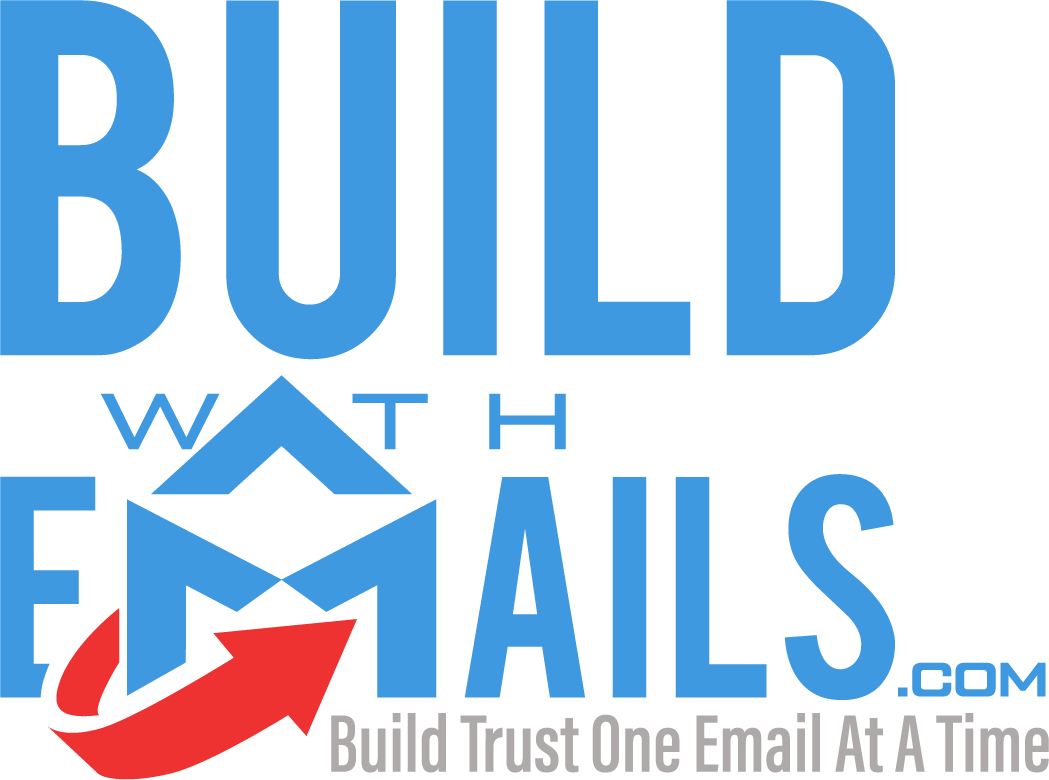Freelancing
Embracing Freelancing As A Career Choice
The future of work is a tumultuous and uncertain time, driven by technological, generational, and social trends. The pace of these shifts is increasing, making it difficult for organizations to prepare and respond effectively. Those that do not adapt are left behind.
For many people, the answer to these changes is a move towards freelance work. Whether it is the desire to become their boss, test drive a new career, or pursue a passion project, freelancing can be an exhilarating and fulfilling way of doing work. According to a 2019 MBO Partners survey, 41.1 million Americans identified themselves as freelancers—be it for a few hours a week or a full-time arrangement.
As a result, companies are rapidly transforming their workplaces and workforces to accommodate this trend. But what does that mean in practical terms? Leaders must clearly understand how the future of work will shape the organization. This process involves understanding the types of skills that are in demand and those that are scarce.
It also means identifying what skills will be essential in the future and providing training and development programs to upskill and reskill employees accordingly.
A key step in this process is identifying the current state of your workforce—the number and types of workers you have and the kind of work they do. This level of understanding will help to identify gaps in talent and opportunities for collaboration between your current and future workforces.
Using this information, leaders should begin designing their organizational future of work strategy. It should include selecting metrics and monitoring mechanisms to measure progress, detect deviations, and course-correct as needed.
This design process should ensure the future of work initiatives is aligned with overall strategic objectives and delivers on the organization’s mission.
In addition to focusing on upskilling and reskilling, organizations must understand the impact of emerging macro-trends on their business. These include the need for flexibility, greater collaboration between teams, and recognition that the traditional office model is no longer appropriate for all situations.

It is also vital to consider the impact of technology on the future of work, including the adoption of AI and automation. Ultimately, there will be an even greater need to nurture those unique human skills that AI and machines appear unable to replicate—such as creativity, complex communication, and abstract and systems thinking.
Preparing for the future of work is a complex task, but ignoring these emerging trends can lead to failure for organizations. With a clear vision of the future of work and strategies in place to address it, organizations can ensure they are prepared for whatever comes next.
In some cases, business owners must also embrace freelancing services as a viable option to utilize when the talent in the workplace is not capable of fulfilling the tasks. Freelance services provide a vast arrangement of skillful freelancers who could likely meet your needs promptly at an affordable price.
Freelancers tend to have more specialized skills and are easy to work with. There are approximately 73.3 million Freelancers in the U.S., and the number of freelancers is expected to increase to 746.4 in 2024. In fact, Google’s workforce has more contractors/freelancers than full-time employees.
From website designs, programming and technology, digital marketing, writing, and translation, the assortment of talent available to utilize is limitless. However, you must be careful. If you hire freelancers from an untrustworthy source, your business could suffer the consequences of choosing cheap services over quality.
GET MY FREE EMAIL TIPS
Discover What I Use To Hire The Right Freelancer For My Business.
discover the tools i use to build my online business
recent articles
Email Marketing
For customer engagement, it’s essential to set clear goals for each email message and incentivize people to take action.
Website Hosting
A great web host company will have a 20-year track record and a robust 24/7 technical support team that can resolve problems quickly and effectively.
DIY Website Builder
The benefits of a solid online presence are many. It increases visibility and accessibility for your brand, allows you to operate outside traditional hours, and engages with customers directly.
All-in-One Sales Automation
An all-in-one marketing solution is an online platform or software suite that handles all aspects of your business’s marketing needs.
Freelancing
Freelancers tend to have more specialized skills and are easy to work with. There are approximately 73.3 million Freelancers in the U.S.
Sales Funnels
A traditional sales funnel is a framework that illustrates different stages of the customer’s journey.

